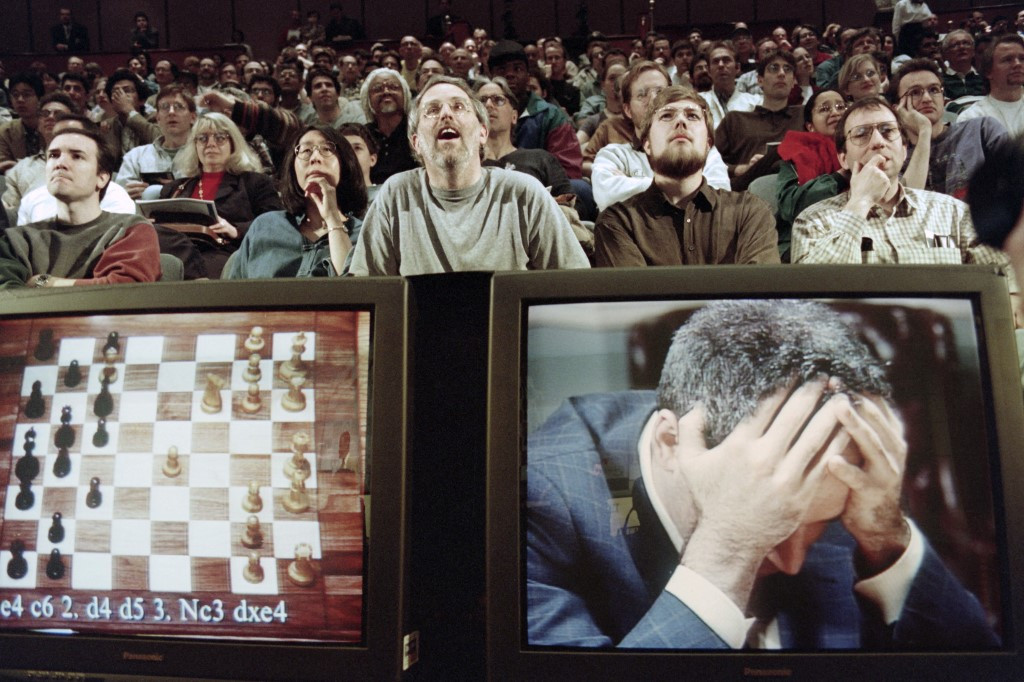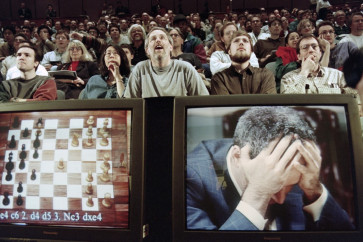Popular Reads
Top Results
Can't find what you're looking for?
View all search resultsPopular Reads
Top Results
Can't find what you're looking for?
View all search resultsThe 1997 chess game that thrust AI into the spotlight
May 11, 1997 was a watershed for the relationship between man and machine, when the artificial intelligence (AI) supercomputer Deep Blue beat the king of chess.
Change text size
Gift Premium Articles
to Anyone
W
ith his hand pushed firmly into his cheek and his eyes fixed on the table, Garry Kasparov shot a final dark glance at the chessboard before storming out of the room: the king of chess had just been beaten by a computer.
May 11, 1997 was a watershed for the relationship between man and machine, when the artificial intelligence (AI) supercomputer Deep Blue finally achieved what developers had been promising for decades.
It was an "incredible" moment, AI expert Philippe Rolet told AFP, even if the enduring technological impact was not so huge.
"Deep Blue's victory made people realise that machines could be as strong as humans, even on their territory," he said.
Developers at IBM, the US firm that made Deep Blue, were ecstatic with the victory but quickly refocused on the wider significance.
"This is not about man versus machine. This is really about how we, humans, use technology to solve difficult problems," said Deep Blue team chief Chung-Jen Tan after the match, listing possible benefits from financial analysis to weather forecasting.
Even Chung would have struggled to comprehend how central AI has now become -- finding applications in almost every field of human existence.



















